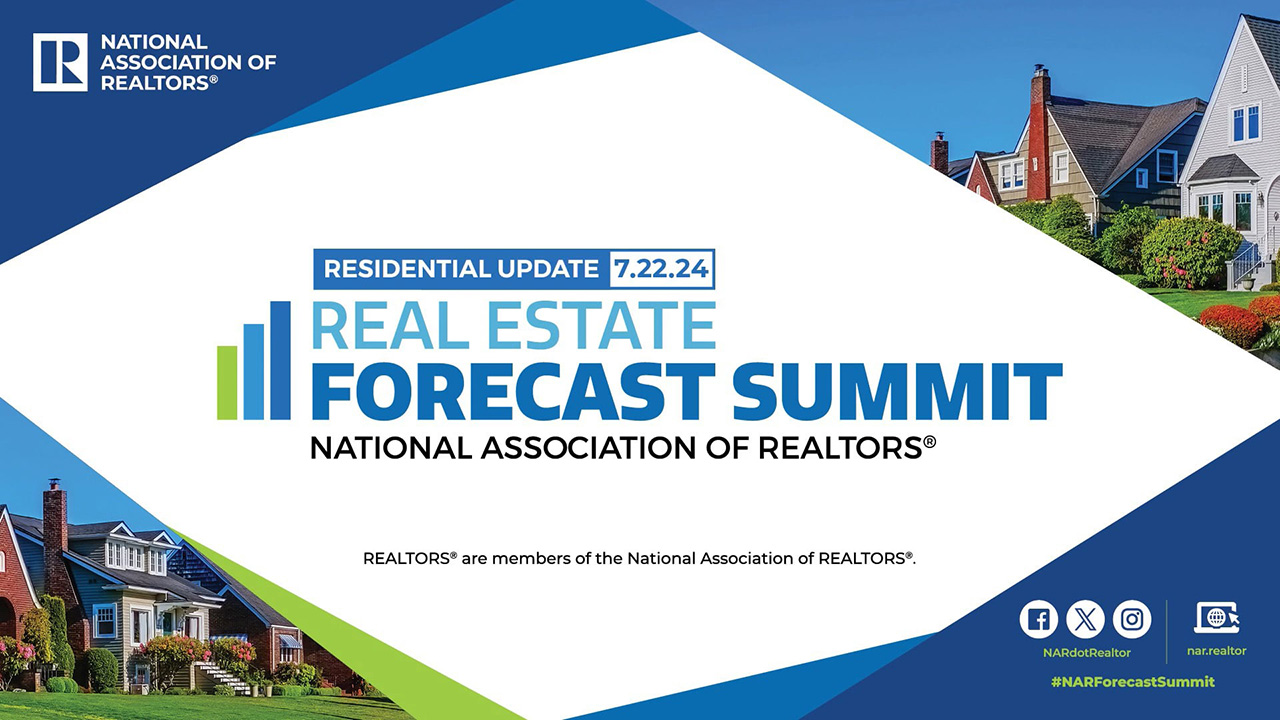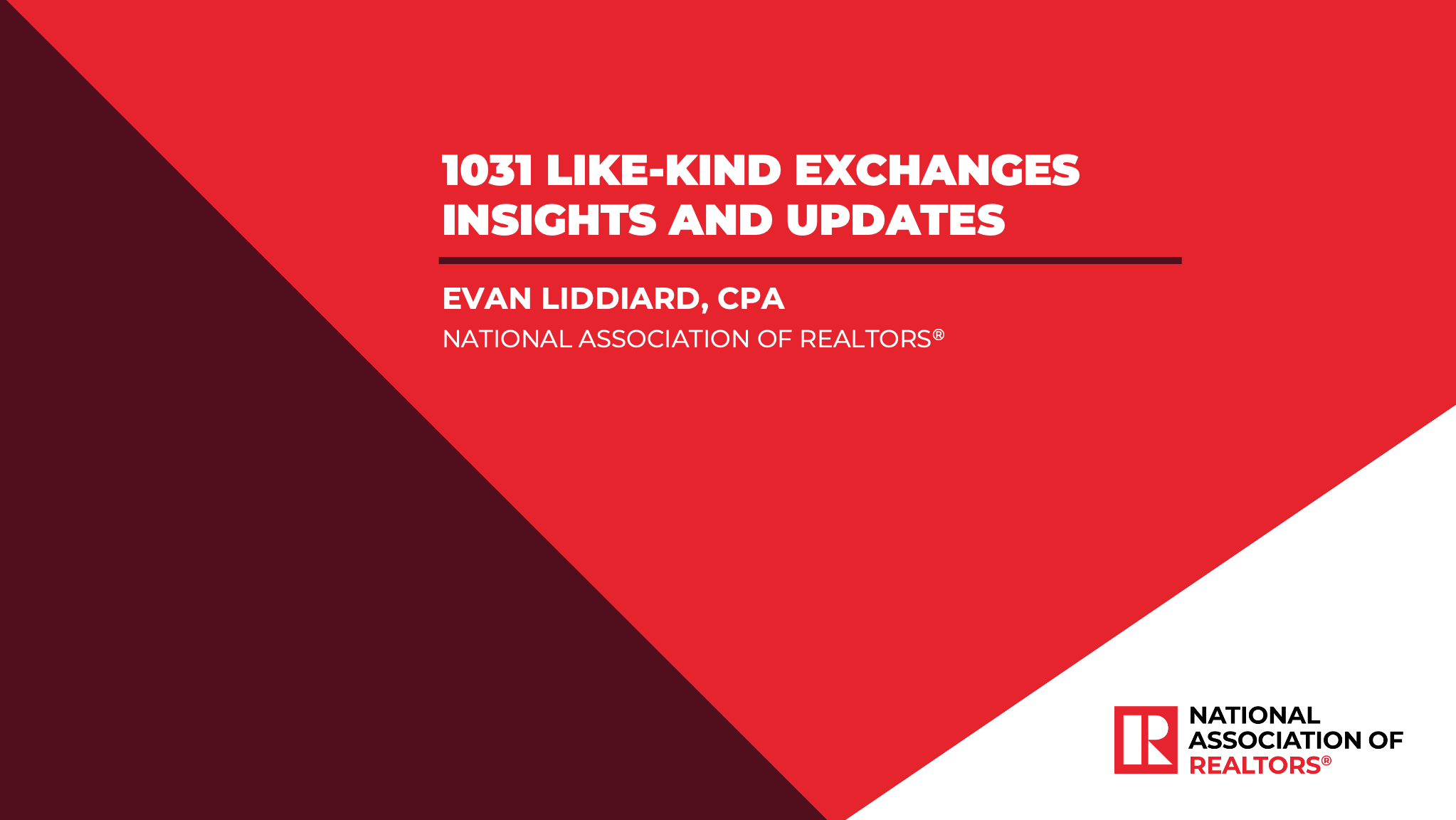
Hosting overnight guests can be a fun, easy way for property owners to make extra income. If they aren’t careful, they could end up with a hefty fine. As a real estate professional, here’s what you need to know to serve your clients who might be considering a property to use as a short-term rental.
Window to the Law: Short Term Rentals : Transcript
From beach houses to mountain cabins to cozy city condos, online platforms like AirBnB and HomeAway make it easy for private property owners to host vacationers from all over the world.
What’s not so easy is navigating the legal landscape of short-term rentals, which is why it’s important for potential hosts to understand how state and local laws apply.
Applicable laws can vary significantly, and potential hosts should consult with their legal counsel to determine how these laws will impact their short term rental plans. For example, some states require short term rental owners to obtain a business license, remit lodging taxes, or carry a certain amount of insurance. Others states are silent on the issue, and leave the regulation of short-term rentals to the local jurisdiction where the property is located.
Examples of local restrictions include:
- Requiring a short-term rental permit for the property;
- Restricting short-term rentals to the host’s primary residence;
- Prohibiting wedding receptions and other parties at short-term rentals; and
- Paying city and county transient occupancy taxes.
But keep in mind that short term rentals must comply with all applicable regulations, including building codes, noise control ordinances and homeowner association rules.
Ultimately, failure to comply can result in fines.
Challenges to the constitutionality of laws targeting short term rentals are periodically filed, by both the booking sites and homeowners. A property owner in Nichols v. City of Miami Beach recently won her fight over a $20,000 fine for operating a short-term rental in a prohibited area. In 2016 the City raised the penalty for a first-time violation of its strict short-term rental laws from $500 to $20,000 in an effort to crack down on illegal short-term rentals. The district court struck down the steep fine, holding that state law prohibits local governments from fining residents more than $1,000 a day for code violations, making the city’s short-term rental fines illegal and unenforceable.
In New Hampshire, the Supreme Court in Working Stiff Partners, LLC v. City of Portsmouth recently upheld a city residential zoning ordinance requiring that properties be used as a dwelling and prohibiting transient occupancies. The court held that providing short-term rentals to paying guests on a daily basis did not constitute a “dwelling unit” and was instead a transient occupancy. Thus the property’s exclusive use as a short term rental violated the ordinance.
As a real estate professional, if you know your client is purchasing a property to use as a short-term rental, protect yourself from potential liability by advising your client in writing that they should review state and local laws as well as other restrictions such as HOA rules, and consult with their legal counsel to first determine if the property qualifies for use as a short-term rental, and, if so, any requirements with which they must comply.
Thanks for watching this episode of Window to the Law.
































































